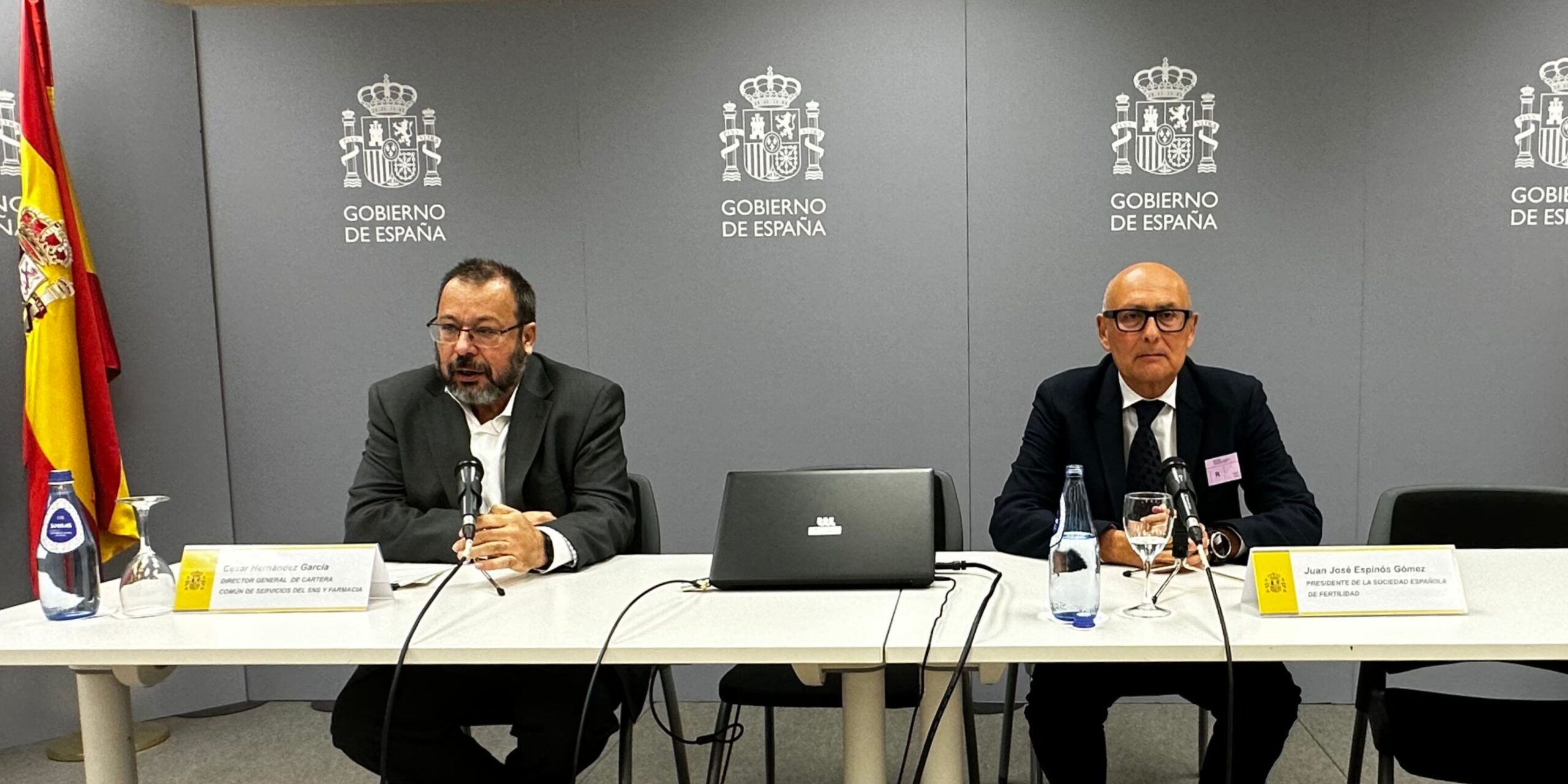

According to the SEF Registry, reproductive treatments increased by 29% in Spain during the year 2021

7 November, 2023
The National Activity Registry - SEF Registry from 2021 was presented this past October. This in-depth analysis of Assisted Reproduction in Spain is published annually by the Ministry of Health. This year's report highlights a considerable increase in assisted reproduction techniques and the resulting increase in the number of births by these methods.
The statistical data provided by this registry comes from 334 public and private centres that carry out fertility treatments in Spain. According to this information, a total of 165,453 In Vitro Fertilisation (IVF) cycles and 33,818 Artificial Inseminations (AI) were performed in 2021. This represents an increase of 11.7% for IVF cycles compared to the data from 2019 and 29.8% compared to the previous year (which had been reduced to 127,420 due to the pandemic).
Significant increase in births through assisted reproduction
Amidst this current demographic winter, the encouraging news is that in 2021 there was an increase in the number of births by assisted reproductive methods, with a total of 40,638 babies born. This represents an increase of 33.3% compared to 2020, the year of the pandemic.
This report has also revealed that babies born through IVF and AI treatments represent approximately 11% of all births in Spain, according to data from the National Statistics Institute (INE).
However, experts warn that these numbers are not enough. "Science is doing everything it can to correct what we are unable to do socially and economically. If we continue along these lines, medical-scientific endeavours will not be enough in the years to come," warned Dr. Juan José Espinós, president of the SEF, during the presentation.
A decline in multiple births
The registry has also revealed a significant decrease in the number of multiple births. This is due to the increased use of single embryo transfer in all in vitro fertilisation modalities.
In 2021, multiple births were below 10%, which implies an important advance in women's reproductive health. This is the result of an increased success rate of assisted reproductive techniques in our country.
Experts predict that these figures will continue their downward trend, and they regard the registries as necessary for such progress because they highlight the effectiveness of these techniques and practices.
Related courses

Online
Online Course on Immunology and Hematology
Start: 02/12/2026
Online courses
Course fee:
250 €

Online
Online course: Fundamentals in Reproductive Genetics
Start: 02/12/2026
Online courses
Course fee:
150 €

Online
Assisted Reproduction Fundamentals
Start: 06/11/2026
Online courses
Course fee:
150 €

